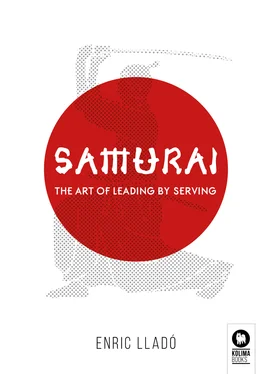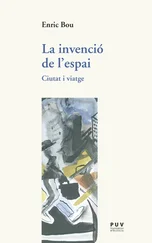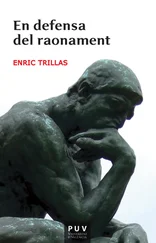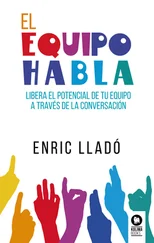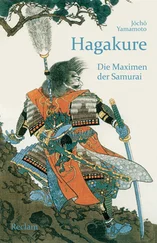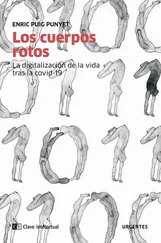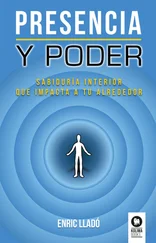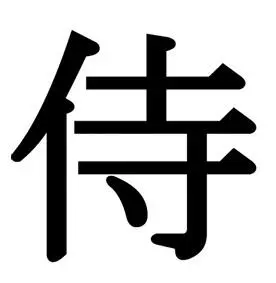

Category: Leaders & Management
Original title: Samurái, el que lidera sirviendo
English edition: June 2021
First edition: February 2019
Second edition: September 2019
© 2021 Editorial Kolima, Madrid
Author: Enric Lladó Micheli
Translation: Araceli Guillamón
Editorial management: Marta Prieto Asirón
Cover phototypesetting: Sergio Santos Palmero
Book phototypesetting: Marta Fernández Zubeldia
Illustrations: Oriol Alcober
ISBN: 978-84-18811-35-7
Printed in Spain
The total or partial reproduction of this work is not allowed, nor its incorporation into a computer system, nor its transmission in any form or by any means, be it electronic, mechanical, by photocopy, recording or other methods, rental or any another form of assignment of the work without the prior written authorization of the owners of intellectual property.
Any form of reproduction, distribution, public communication or transformation of this work can only be carried out with the authorization of its owners, except as provided by law. Contact CEDRO (Spanish Center for Reprographic Rights) if you need to photocopy or scan any fragment of this work (www.conlicencia.com; 91 702 19 70/93 272 04 45).
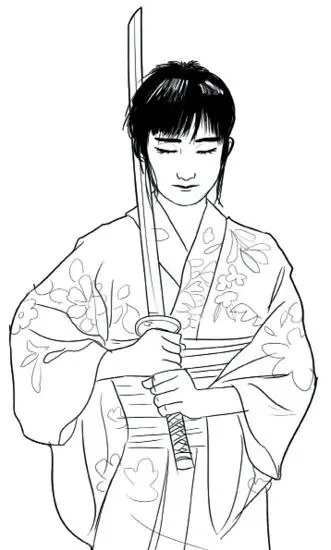
The master´s teachings
are taken in through the eyes and the ears,
but they settle in the heart
and are passed down wordlessly
from one generation to the next.
This is the way the master
becomes immortal.
This book has been written
to honour all my masters.
FOREWORD
In 2014, a Japanese company assigned me a very interesting project.
The objective was to identify the most relevant skills that their executives needed in order to take on the challenges of the future.
The result was the creation of the Samurai Model, a beautiful analogy where I describe the four essential skills that will allow any person to both lead and stand out within an organisation, whilst bringing success to the organisation itself.
Since then, thousands of executives from the world’s first-rate companies have been trained in the four arts of this model.
This book is a testimony of its essential philosophy. Firstly, as a way to support those students who have already begun to tread this path and are still evolving. Secondly, to assist those who wish to approach a very special way of understanding leadership; the kind of leadership of those who think personal success means working on the organisation’s success.
The leadership of those who lead by serving.

The master said that the invisible
may only be perceived
by conferring it different forms,
but it may only be learnt
by stripping it from all form.
Metamorphosis
It all starts again after the great fire of Hiroshima and Nagasaki.
The samurai had transformed themselves before. When they ceased to cut the air with the edge of their swords and began to cut it with the wings of their military airplanes.
After the Armageddon, eternal enemies took new forms and the battlefields shifted towards the hearts of corporations.
Then came the time to transmute old war weapons to other of a much more subtle kind.
For the gaijin1, the samurai died centuries ago. Because the gaijin only perceive form. In their ignorance, they translate the word ‘samurai’ as ‘warrior’. Still, a warrior (bushi) is not necessarily a samurai. Nor is the samurai necessarily a bushi.
Today less than ever.
1 For the gaijin1, the samurai died centuries ago. Because the gaijin only perceive form. In their ignorance, they translate the word ‘samurai’ as ‘warrior’. Still, a warrior (bushi) is not necessarily a samurai. Nor is the samurai necessarily a bushi. Today less than ever. 1 Gaijin: foreigner.
Gaijin: foreigner.
The one who serves
The samurai were, are, and always will be, those who serve others.
In the past, a samurai would serve an Army. Now they serve a corporation, a team or a family.
This is their true nature. The essence that transcends beyond any form. Serving a lord. A warrior without a lord is just a ronin wandering through the limbo and whose soul is getting dangerously close to the hell’s abyss.
A lord may have many forms. But here too, form holds little importance. The lord is not a man or a woman. The lord is not a flag. The lord is not a corporation.
The lord is an idea for which it is worth dying, and beyond that, it is an idea for which it is worth living.
It has always been hard to know how to choose the right lord. Since ideas do not belong to this world, but inhabit another, more subtle place. And the only way of serving ideas is serving other people and organisations.
Making a mistake in choosing a person or an organisation is painful; making a mistake in choosing an idea, more so. But making mistakes is an essential part of the way of the samurai.
That is why it has always been better to serve the wrong lord than to serve none at all. Serving the wrong lord is not a sin. Serving more than expected is not a sin either. Those who really sin are those who serve no one but themselves.
After all, those who do not serve, serve no purpose at all.
Only those who serve humbly are those who truly lead.
That is why it is written that whoever is able to bow with pure honesty, will make the entire universe bow in return.
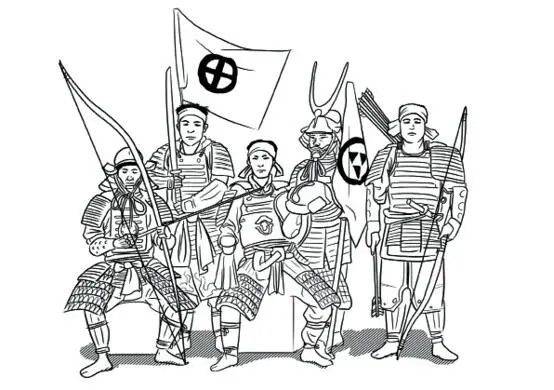
Deceit
Those who serve no other but themselves hinder their business, thus hindering their own being too. They are deceiving themselves.
But those who wish to serve their organisation may also fall into deception. The cemetery is full of people who had good intentions and companies with ideas and talent.
Because in the company’s body, what is good for the mouth may be bad for the liver. But the mouth does not know that.
Because sometimes the lizard must sacrifice its tail in order to save itself. But that is something that the tail cannot understand.
As Seneca said, ‘senators are very intelligent but the Senate is completely stupid’. The samurai lead by serving and serve by leading, because they have outwitted this deception.
The samurai have reached mastery in the four arts. The four arts that are not taught in schools. The four arts that may be explained but can only be passed down wordlessly from sensei2 to seito3, incarnated in alive example.
Because these arts arise not from the knowledge but from the being.
And the being cannot deceive nor can be deceived.
2 The samurai have reached mastery in the four arts. The four arts that are not taught in schools. The four arts that may be explained but can only be passed down wordlessly from sensei2 to seito3, incarnated in alive example. Because these arts arise not from the knowledge but from the being. And the being cannot deceive nor can be deceived. 2 Sensei: teacher. 3 Seito: student.
Sensei: teacher.
Читать дальше
